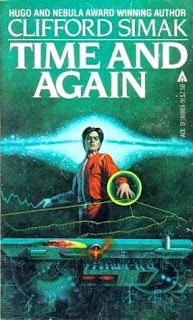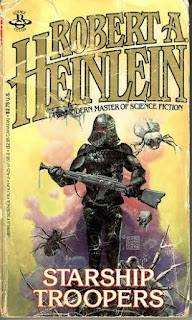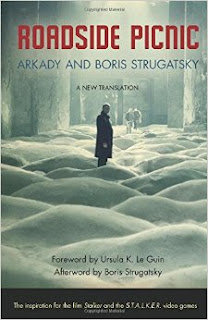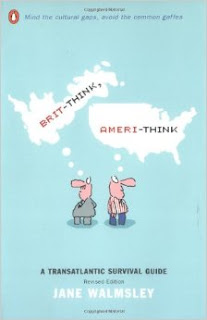Black Amazon of Mars

Yep, she's good with an axe. Black Amazon of Mars, by Leigh Brackett Leigh Brackett was apparently a fairly big name in the pulp SF magazines; in fact she was called the Queen of Space Opera! She wrote a whole lot of short stories and novellas, plus some screenplays (she helped with Empire Strikes Back just before her death). One of her planetary-conquest series was about Eric John Stark (formerly N'Chaka of Mercury), a human man who is really something of a barbarian. I was strongly reminded of Conan or Tarzan, only on Mars. Stark is traveling with a friend to the fortified border city of Kushat, but the friend dies on the way, entrusting Stark with a relic that is supposed to protect the city. Stark tries to return it, but first the barbarian hordes capture him! After an interview with a mysterious masked black-clad warlord and some torture, he escapes and reaches Kushat, warning the city that invasion is imminent. Lord Ciaran wants the ci...



















